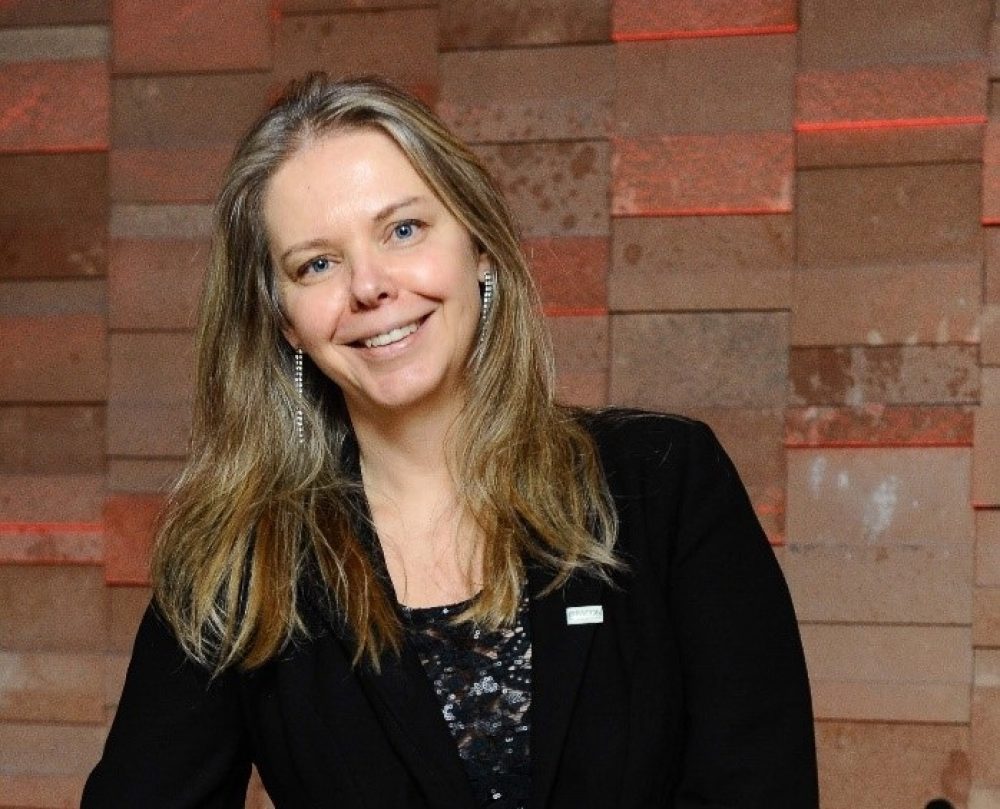8 May 2018 — Stories
By Monica Foerster

Brazil recently digitalised its tax system. This had a substantial impact on Brazilian accountants serving small and medium-sized enterprises (SMEs). European professional accountants can learn from this, especially when their tax administrations are about to jump on the digitalisation train.
To find out more, we talked to Monica Foerster. Monica is a partner at Confidor, a Brazilian accounting and tax firm, and has over 20 years of professional accountancy experience. She also chairs the International Federation of Accountants’ (IFAC) SMP Committee.
Monica explains that the ambitious tax system reform lead to Brazilian SME accountants joking that their government would become ‘big brother’ if it keeps collecting more company information.
As part of its reform, Brazil introduced electronic invoicing and digitalised submitting transactional accounting and tax data. Simultaneously, it adopted IFRS, which enabled tax authorities to shift from a strict tax focus to a more integrated approach.
This allowed Brazil to build a large, robust and integrated information-gathering system. Moreover, companies will soon also have to electronically submit information on payroll and employee structure.
Before the reform, normal bookkeeping and tax obligations were prepared separately. Nowadays, companies need to submit a whole range of electronic files with detailed information about both tax and accounting at different times in the year.
This has had a double impact on tax advisors.
First, Brazilian tax advisors increased their attention to accounting when the tax authorities started working with electronic accounting data.
Second, the reform created more work for tax advisors because they now need to review whether their clients’ accounting information is correct.
This goes against widespread expectations that digitalisation would reduce the work of the profession. However, Monica explains that this extra work creates difficulties for small tax advisors who work for a fixed fee. Digitalisation thus created more work, but not more rentability.
The reform has also challenged auditors. Monica points out that they needed to reinvent the audit procedures. This included defining new procedures and introducing technological tools to test the information in the electronic files.
“Each additional electronic file represents a challenge to develop a new procedure. This is a major challenge for auditors.”
Monica offered advice for SME accountants whose tax authorities also start digitalising. She stresses that it is important to closely follow any new developments and to prepare yourself as soon as possible. This should help you to be ready when new requirements start to apply.
“Adapting to change gets easier over time.”
Responding to a changing environment can be difficult at first. However, after Brazil’s reforms, SME accountants became better prepared because of their experience in adapting to change.
Aside from preparation, it is important to identify potential problems in tax digitalisation reforms. If this is the case, it is good to engage with tax authorities to find a solution.
Technology and digitalisation can help accountants improve their services for SMEs. This includes better understanding their clients and their environment to be able to provide tailored advice.
“Professional accountants need to go out of their comfort zone and reinvent themselves.”
It is equally important that SME accountants understand their own value so they can demonstrate this to the client. Some companies still consider working with accountants only as ‘a legal requirement’. “Accountants need to be ready to demonstrate this is not correct and change this perception. Technology can help with that”, Monica concludes.